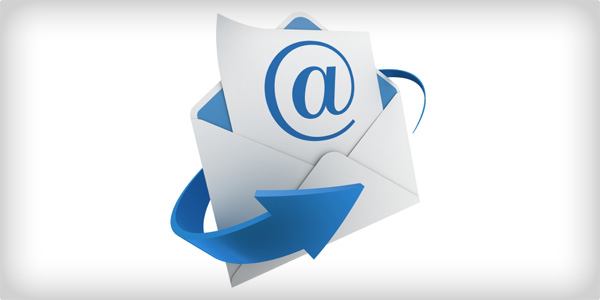
Proximity marketing and geo-marketing have become quite the buzzwords over the past few years, and for a good reason. Consumers are bombarded with numerous advertising messages every day, making it difficult for a single business to stand out from all of the noise. To get their attention, your business needs to be able to target the right person, at the right time, and in the right place. This is where proximity/geo-marketing comes in.
In a nutshell, proximity/geo-marketing refers to the act of marketing to a customer based on the customer’s location. By contacting them within the vicinity of your business (or inside your business), you can send targeted messaging to your customers that could lead to an increase in foot traffic, sales, and customer retention.
Location-based technology is opening up a whole new world of opportunities for businesses trying to reach their customers promptly. If your business isn’t taking advantage of these technologies, it’s time you start.
Types of Proximity/Geo-Marketing
Before jumping into how proximity/geo-marketing can grow your business, it’s important to understand the technology that allows you to perform this type of marketing. Let’s review a few key terms to know:
Near Field Communications (NFC) – A phone’s location may be detected by NFC on the phone connecting to a RFID chip on a product or form of media. While NFC is often seen with payment technologies (such as Apple Pay), it can also be used as part of your marketing efforts to provide valuable information to your customers.
Geofencing – This location-based marketing tool allows you to send messages to smartphone users when they are in a defined geographic area. It is used quite often in the retail industry to get people to purchase items or visit a business when they are nearby.
Bluetooth – Businesses can use beacons to connect to their customers’ smartphones. While this technology does require dedicated mobile applications and user permission, it’s an excellent way to push content to your customers, even without an internet connection.
Mobile Browser – If a consumer visits your website when they’re near your location, you can geo-target content to that individual. This is done through an internet-enabled device with coordinates that are enabled by the user via their mobile browser.
WiFi Hotspot – If a consumer logs into your company’s WiFi, relevant marketing content can be pushed directly to the user via their web browser.
How Proximity/Geo-Marketing Can Grow Your Business
Some businesses may worry that this type of marketing will seem intrusive or annoying to nearby consumers. Surprisingly, JiWire revealed that:
-
53% of consumers are willing to opt in to location sharing in order to receive more relevant advertising
-
57% of consumers stated that they were more likely to engage with proximity-based advertising
-
62% of them were likely to share these local deals with friends, either online or through word-of-mouth.
With these encouraging stats in mind, let’s look at a few ways that geo-marketing efforts can grow your business.
Gives Your Business a Leg Up on the Competition
With this type of marketing, you have the ability to collect data about consumers, as well as communicate with them directly when they are in, or near, your store. If other businesses aren’t taking advantage of this technology, this allows your business to compete more effectively against other competition within your area.
Creates a Personalized Relationship With Your Customer
These days, more and more consumers are researching products online before they buy and even take part in “showrooming,” meaning not only are they doing research ahead of time, they’re doing research when they’re in your store and are looking for lower prices online or from the competition.
Knowing that your customers are looking at their phones while shopping, doesn’t this make you want to have a targeted digital presence while they’re doing that? With beacon technology, you can send customers offers for items they are physically near within your store.
Consumers are happier with more relevant ads than receiving numerous offers for items they don’t want. By customizing messaging that addresses your customers’ interests and pain points, businesses can build customer trust. The more likely a consumer feels connected to your business; the more likely they will be to buy from you. If they have a sense of loyalty to your company, they’ll also be more likely to become repeat customers and recommend your business to others.
Provides a Deeper Understanding of Your Customers and Their Behaviour
Not only does this type of marketing benefit your customers, but it can also benefit your company. E-commerce businesses always seem to have access to a plethora of data and information based on buyer spending habits, but who’s to say brick and mortar shops can’t get access to the same types of information?
By taking advantage of proximity technologies and combining them with information from your store’s point of sale systems, CRM, or data from online platforms, you’ll have access to a wide variety of information that can direct your marketing and operational efforts moving forward. A few ways you can use this information include:
-
Making updates to your store and its operation by tracking customer walking paths and how long they stay in certain areas
-
Improving the customer experience by pushing out a mobile survey to customers as they exit your store
-
Using a customer’s saved data and information from your online platforms or mobile app to help customers find the items they’re looking for once they’re in the store
The list goes on, but you get the idea.
Brick-and-mortar businesses now have access to the low-cost technology they need to keep up with the demands of tech-savvy consumers. By keeping time, place, and personalization in mind for your marketing efforts, you’ll be able to build relationships with your customers and grow your business. If you’re not yet taking advantage of this technology, it’s time to get started.


